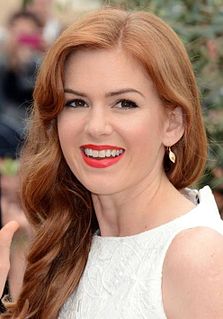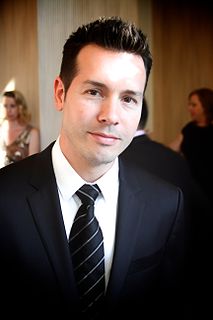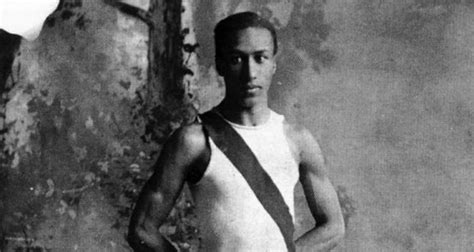A Quote by Lord Byron
He learned the arts of riding, fencing, gunnery, And how to scale a fortress - or a nunnery.
Related Quotes
What happened in Kosovo was the exact reversal of what happened in 'Fortress Europe' in 1943-45. Let me explain. Air Marshall 'Bomber' Harris used to say that 'Fortress Europe' was a fortress without a roof, since the Allies had air supremacy. Now, if we look at the Kosovo War, what do we see? We see a fortress without walls but with a roof! Isn't that disappearance extraordinary?!
All is artifice in my world, Constantine. Even me. Especially me. He taught me to be a duchess, to be an impregnable fortress, to be the guardian of my own heart, But he admitted that he could not teach me how or when to allow the fortress to be breached or my heart to be unlocked. It would simply happen, he said. he promised it would, in fact. But how is love to find me, even assuming it is looking?
Scale is a mental - you can say that a lounger has scale, a building has scale, or an object has scale, or a page, or whatever if it's just right. A scale is a relationship to the object and the space surrounding it. And that dialogue could be music, or it could be just noise. And that is why it is so important, the sense of scale.







































